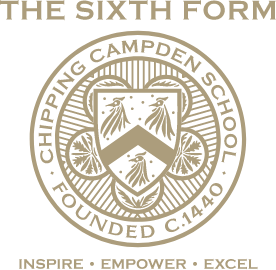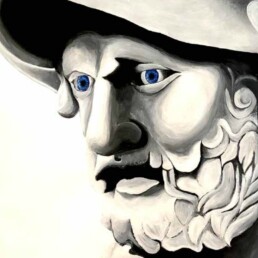Art: Fine Art
Course aims
- Express their ideas and creative individuality in an imaginative and thoughtful way
- Analyse their own work and that of other artists, evaluating this critically using appropriate subject terminology
- Develop ideas using a variety of media; experimenting and investigating
- Realise these ideas as informed, sustained artwork(s), through a personal, clear and relevant creative journey
- Foster an interest in, enthusiasm for, and enjoyment of art, craft and design
Lesson Supplementary
Lessons are supplemented by printed materials, I-board presentations, discussion and the student’s individual work. One to one mentoring and tuition form a regular part of the routine. Regular use of a sketchbook is vital as an extension of the creative and learning process. Great importance is placed on each student developing their own individual style, helping to nurture their confidence in a range of working methods and media. Outside visits to major galleries are also made when possible. Public exhibitions are held each year. These are highly regarded within the local community and help evidence the subject’s high success rate, especially at the highest Grade levels. We also enter work for local art competitions, achieving a consistent level of success
Potential Careers or Future Study
Entry into Art foundation, Degree and Diploma courses to access a wide range of art, design and media professions. Fashion, illustration, animation, advertising, graphic design, photography, TV / film / theatre industry, computer game concept art, jewellery design, museum / gallery work, restoration, architecture, teaching, hairdressing.
Entry requirements:
Attaining at least a 6 Grade at GCSE is expected, and it is also expected that potential students will have a good level of art-based skill and a keen interest, evidenced through personal work produced outside school. A willingness to work methodically and productively in class and an ability to make sensible use of time outside timetabled lessons are also very important. Students without a 6 Grade at GCSE may also be considered if a portfolio of artwork evidencing observational drawing or painting ability and a body of original, personal work can be provided prior to entry.
Personal Investigation and related study
Students develop one major, in-depth body of practical work that has a personal significance and relevance. This body of work must include a related, written study of a guided minimum of 1000 words. This related study is marked as a separate component part of the Coursework element of the A Level.
Externally set task
Students are given a number of possible starting points to select from in the exam paper. They then have around 13 weeks to prepare ideas, experiment and explore compositions. They then have 15 hours under exam conditions in which to create work(s) relevant to their planning and development.
Summer Work
To view the latest summer work please go to the ‘Student Info’ tab at the top of the page.
Staff Contact:Mr R Grover Staff Contact:Mr J FullerStaff Contact:Mrs V Simpson
Downloadour Prospectus
With over 30 subjects for you to choose from, you’ll be sure to find your favourite subject, whether it’s old or new. Download the brochure today for more information.


